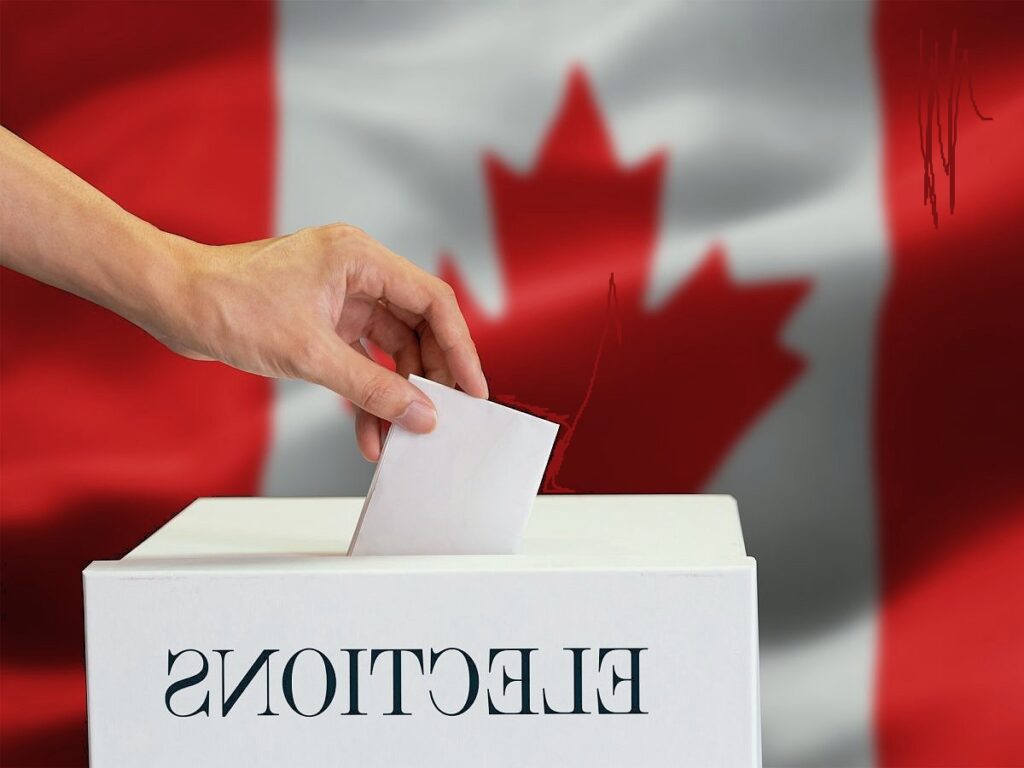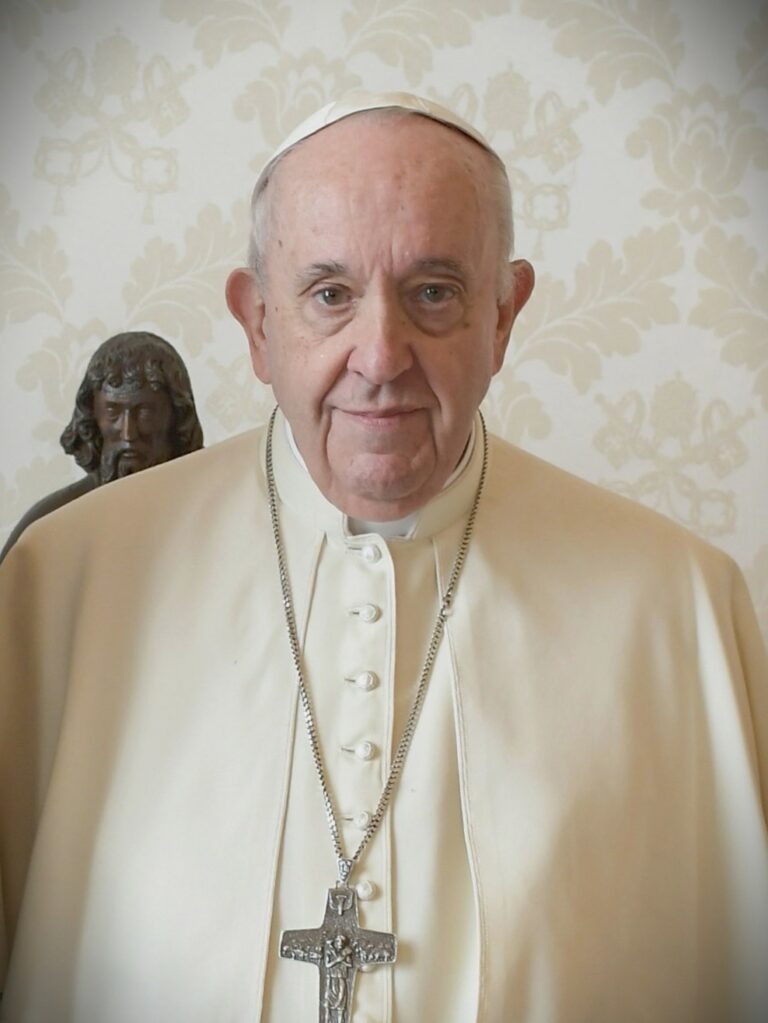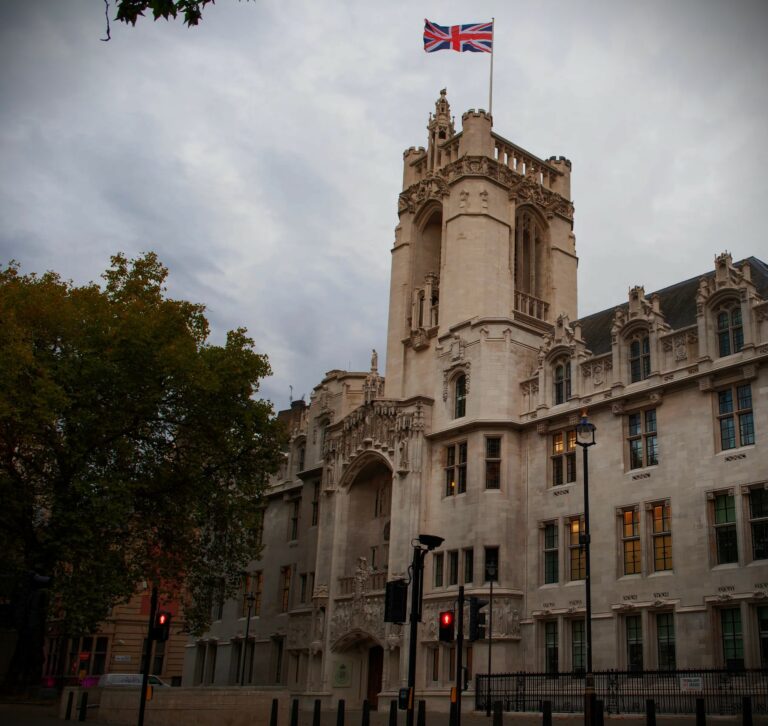Federal Election:
- Scheduled Date: April 28, 2025

Canada’s political landscape is on the verge of a significant shift as the nation prepares for its highly anticipated federal election, scheduled for April 28, 2025. This election will determine the makeup of the 45th Canadian Parliament, marking a crucial turning point for the country as it faces a rapidly changing global environment and domestic challenges. At the heart of the election is the leadership of Prime Minister Justin Trudeau, who has been in power for nearly a decade, and his ongoing battle with rising public discontent.
Prime Minister Trudeau, representing the Liberal Party, is seeking re-election after a term marked by both major successes and significant controversies. His government has been praised for its progressive policies on issues like climate change, gender equality, and healthcare reform. However, recent years have seen mounting criticism over his handling of Canada’s economic challenges, including inflation, the housing crisis, and rising living costs. As economic pressures mount, many Canadians are questioning whether Trudeau’s approach remains effective or if a change is necessary.
The economic climate is central to the upcoming election, with growing concerns about the cost of living and the impact of global trade disruptions. Canada’s economic relationship with the United States, particularly surrounding trade policies and tariffs, has been a hot-button issue. While the Trudeau government has worked to strengthen trade ties with U.S. leaders, some Canadians feel the current strategy has not sufficiently protected Canadian interests. Economic insecurity and dissatisfaction with the pace of recovery from the pandemic have left voters searching for new solutions.
In contrast, the Conservative Party, led by Pierre Poilievre, has seen a surge in popularity, capitalizing on discontent with the status quo. Poilievre’s political rise has been fueled by a promise to return to fiscal conservatism and a streamlined government, addressing concerns about high taxes and government spending. His platform calls for a reduction in federal involvement in certain sectors, a focus on personal freedoms, and a more competitive approach to international trade. Poilievre’s fiery rhetoric has resonated with a significant portion of the electorate, particularly those disillusioned with the Liberal government’s handling of the economy and public finances.
For Poilievre, the federal election presents an opportunity to reframe Canada’s future by promoting policies that emphasize economic self-sufficiency, lower taxes, and greater market-driven solutions. His campaign has focused heavily on the need for fiscal responsibility, urging Canadians to take a hard look at the federal deficit and the country’s growing debt. His message of change, with a focus on economic growth and individual liberty, has appealed to voters in both urban and rural areas.
However, the upcoming election is about more than just economics. It is also a referendum on leadership and the future direction of the country. Healthcare, education, Indigenous rights, and climate policy are also expected to be major topics during the campaign. Canadians will be weighing not only the policies of each party but also the leadership style and vision that they believe will best represent the country in a turbulent world.
The stakes are particularly high in key battleground provinces like Ontario, Quebec, and British Columbia, where shifting demographics and diverse political leanings make the race more unpredictable. In Ontario, Trudeau’s Liberals have historically had strong support, but the rise of the Conservatives in the province could complicate matters for the incumbent government. Similarly, in Quebec, where national unity and language rights are critical issues, both the Liberals and Conservatives will need to navigate a complex political landscape.
This election will also be a test of public trust. Allegations of ethical lapses and political scandals have plagued the Trudeau administration in recent years, leaving some voters questioning whether the government has lost its moral compass. For Poilievre, convincing voters that his leadership is the antidote to this dissatisfaction will be a challenge, especially as he must appeal to a broad spectrum of voters, including those who may find his rhetoric too polarizing.
As Canada approaches this defining moment, the public discourse will be shaped by urgent conversations on how to address pressing issues such as affordable housing, healthcare sustainability, Indigenous reconciliation, and climate action. The outcome of this election will not just shape policy but will send a powerful message about the direction in which Canada is heading. Will Canadians opt for continuity under Trudeau’s leadership or choose change with Poilievre and the Conservatives? The result will undoubtedly have lasting implications for the future of Canada in both domestic and global arenas.



